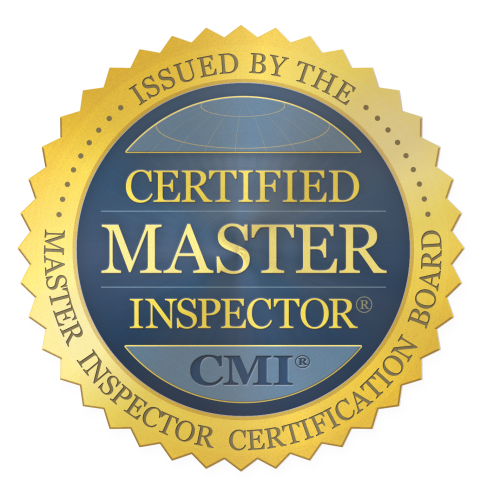Home Inspection
Icynene Insulation - Vienna Virginia New Home Inspection
This post may be something most of you have likely not seen before. It concerns foam insulation in an attic. It looks a bit like the top of a roof beer float, doesn't it! This foam is an icynene product. Icynene is an open celled foam, sprayed onto sheathing and/or supports, and completely seals an area. It is purported to be healthier than fiberglass, more energy efficient and certainly provides a quiet sound barrier.
This is one of two attic furnaces.
Above it you see the roof trusses supporting one of the angled sides of the hip roof above.
Those truss rafters are buried in the foam, and the foam goes right up to the sheathing. There is no ventilation. But I am told that since icynene is open celled the wood can breath. I don't know about that.
Often attic furnaces are up on a shelf created for their support. This hip roof is short enough that the foam closes off the ceiling completely above this upper level, and the furnaces are located on the sides. There is no attic access.
This photo represents one of my beefs with this product.
I am thinking years out. Sooner or later there is going to be a roof leak. Icynene actually allows water to flow through it, although it takes a very erratic and undetermined course. A roof leak can manifest in the drywall somewhere in this room, but the leak could be many feet away. Someone will have to find it from the outside. That will not be easy.
Then, I understand, it is very difficult to remove sheathing that is glued on the underside by 24" of foam. Future repairs will be difficult at best. The roofer will have to be very careful not to break the foam when the sheathing is removed. If it is broken, or cracked moisture will get in and the system breaks down. The result is rot.
Another problem I have with it is that it expands as it cures. This happens very quickly. These HVAC ducts looked pretty crushed to me. If/when I do a final inspection on this house, determining if there is proper airflow through the ducts will be an important part of the inspection. But, if the airflow has been severely restricted by the foam you see here, what do you do?
It is also said to have off gases. How long does it take for them to dissapate? Will they affect some people as does formaldehyde in rigid foam insulation? We don't know.
This is one of those products without much history. We will see...
The last photo is of one of the squared bump outs on the fourth level. Rather than having a large attic, the hip roof affords the opportunity to add another level. I like this a lot. It is very efficient, and utilizes the space, which this buyer intends to use for an office.
The roof line is just above that window, with a gutter outside. And much of the ceiling on that level is flat.
There are canister lights throughout, many of which are buried as you see this one here. Good luck servicing that! Or exchanging it one day when it breaks. I hope the heat dissipates.
That is one of the things people will experience when the time comes.
My recommendation: If you should elect to have this icynene foam installed in your new home, either in the walls or ceiling, pick someone who is certified and has experience. This particular builder is the first in Virginia to use it. The subcontractor has been doing insulation and foam for 13 years. They are highly certified and obviously good at what they do. Improperly installed, or installed by an amateur who knows not what he is doing, this stuff makes for BIG, BIG problems. There is little room for error. So be smart!
